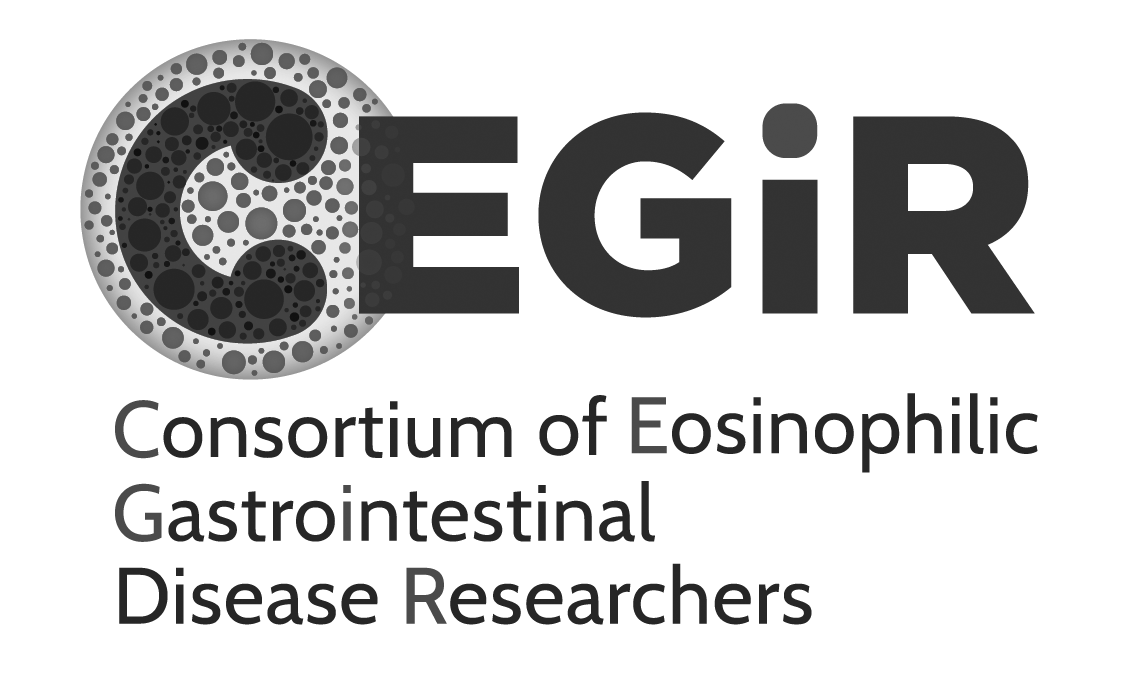Diseases Studied
The Rare Diseases Clinical Research Network is an NIH-funded research network of 21 active consortia or research groups working to advance treatment for diseases that are rare. Use the search tools on this page to find the diseases we currently study. You can reach out to the indicated consortia or research groups for more information on those diseases and studies underway.
This network focuses on clinical research and does not generally support clinical care outside of research activities. To learn about other rare diseases, please visit the Genetic and Rare Diseases Information Center (GARD), which is an NIH program that helps the public find reliable information about rare and genetic diseases. Their staff are specialists. Contact them at 1-888-205-2311 or email GARDinfo@nih.gov.
All Diseases > Eosinophilic esophagitis
Eosinophilic esophagitis (EoE)
Disease Category: Eosinophilic Gastrointestinal Disorders
A disorder in which eosinophils (white blood cells of the immune system) build up in the esophagus (the tube that carries food from the mouth to the stomach). This immune response occurs as a reaction to foods or allergens causing tissue damage. Symptoms can be painful and lifelong, making eating difficult. These include difficulty swallowing, food getting stuck in the throat, vomiting, reflux, malnourishment, and poor appetite.
Research groups studying this disease
Eosinophilic Gastrointestinal Disorders

Consortium of Eosinophilic Gastrointestinal Disease Researchers (CEGIR)
Recruiting
7801: A Prospective, Multicenter Study to Compare and Validate Endoscopic, Histologic, Molecular, and Patient-Reported Outcomes in Pediatric and Adult Patients with Eosinophilic Esophagitis (EoE), Gastritis (EoG), Colitis (EoC) and Enteritis (EoN)
CEGIR is conducting this study because they want to learn more about Eosinophilic Gastrointestinal Diseases (EGIDs). As part of that goal, one area of study will compare how well a patient feels – their symptoms – with what the tissue samples look like under a microscope. The study aims to answer a series of questions, including the following: - What if the tissue looks good, but you are still experiencing symptoms? - What if the symptoms have subsided, but the eosinophil counts haven’t changed?
7811: An Open-Label Study Of Zemaira (Alpha 1-Trypsin Inhibitor) In Subjects With Eosinophilic Esophagitis
This is a phase 2, open-label trial testing the efficacy and safety of Zemaira in EoE. Qualifying participants will receive weekly intravenous infusions of 120 mg/kg body weight (BW) dose/week for 8 weeks for a total of 8 infusions. All participants will be followed for an additional 12 weeks after the last dose of study drug.
American Partnership for Eosinophilic Disorders
Improves the lives of patients and families affected by eosinophil-associated diseases through education, research, and advocacy.
Campaign Urging Research for Eosinophilic Disease
Supporting those suffering from Eosinophilic Diseases. CURED is dedicated to educate, advocate, spread awareness and committed to raising substantial funding to aid in research.
Eosinophilic Family Coalition
Supports and enhances the lives of families living with eosinophilic disorders while educating those around us.
